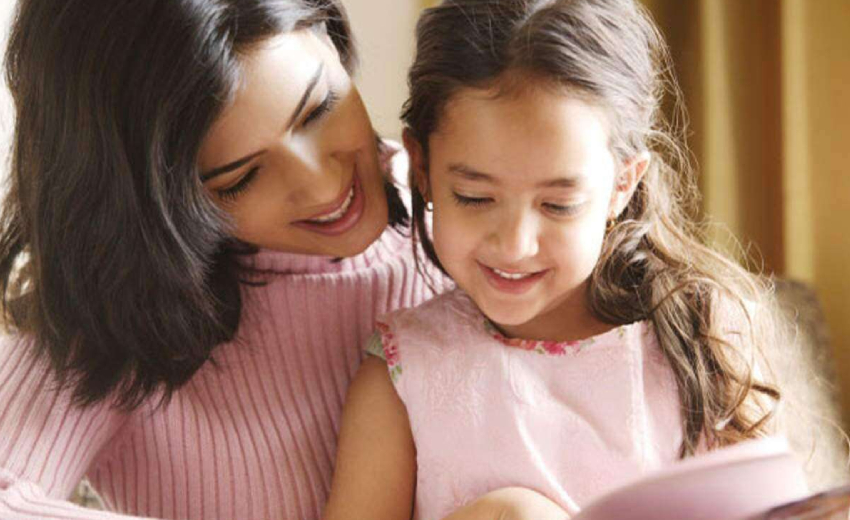
New information and facts on how we spend our lives are continually being generated by research and investigations.
Parenting is also no exception to changing trends in parenting styles. Most changes could well be viewed as more favourable than other changes, but the link between these changes and technology is undeniable.
1. Myself- The Parent Of A Child:
In recent years, pedology studies and research have contributed to a greater understanding of parenting. The first parenting styles were classified in the year 1960, but for the first time since then, scholarly consensus can be accessed. A parent can, for instance, assess whether they are ‘authoritarian,’ ‘authoritative,’ ‘permissive,’ or ‘uninvolved’ in their parenting style and how this affects their child’s physical , emotional and development when coupled with an awareness of their child’s temperament.
2. Did You Fail? It’s All Right, Try Again:
From a young age, children are under enormous pressure to ‘succeed.’ We now live a results-based culture. However, parents are increasingly acknowledging that learning from “failure” is a constructive component of education, and confronting problems improves knowledge and abilities, builds self-confidence, and promotes solving problems.
3. Dealing With Excessive Screen Time:
Because of today’s dependency on technology, parents’ behaviour is frequently dictated by how they model it for their children. Are we truly listening to our kids if we have our eyes on our ipad or smartphone whilst chatting to them? As a result, are we harming their ability to communicate and concentrate?
4. Let’s Have A Discussion In A Group:
Likewise, in the last decade, the way we interact with young children has altered dramatically. Parents who have children who are able to use a smartphone might find themselves messaging or chatting with them on chat applications as much chatting with them personally.
5. A Rise In Parenting Blogs:
Parenting today is in the eyes of the public, whether intentionally or unintentionally. We’re chronicling our children’s every step on the internet thanks to growing Daddy and Mommy websites and also sharing our children’s images frequently on social media. In addition, many parents are turning to internet discussion forums for suggestions and guidance from those families or specialists they are unfamiliar with.
6. Contemporary Families:
A family is no longer defined exclusively by its mother, father, and children. Asia is more conservative than the rest of the world, but globally, different parenting styles (single parents, different kinds of families, etc.) are more common and widely accepted. The same parental privileges and rights are granted to such “abnormal” families as to typical families in some nations.
7. Fathers Are Becoming More Well-know:
In recent years, there has been a rise in genders equality of parenting in families, with the significance of fathers’ roles being more commonly recognised.
8. New Parents Who Are Older:
Ever since the early 2000s, the age of the first parents has gradually increased, changing the reality of becoming parents. Both women and men are staying single for long period of time, according to marriage and parenthood trends. Which means that once they do married, the first baby will be older than they are now.
9: Get Rid Of The Rod Forever!
Communication & Education have aided in the dissemination of positive discipline’s worth and reduced fears that it is a “soft” path to success later in life. Leading teachers have aided us in comprehending the negative implications of punishment, which ignores the child’s individuality and rights.
10: An Abundance Of Parenting Self-help Books
Each year, new books aimed at assisting parents in their parenting journey are released. Taking care of this… Taking care of that Parenting’s 1,2,3 every one has its attraction, and as we all know, we could all use a little help!
Conclusion:
Although some things have changed in parenting, one constant hasn’t changed is that most parenting involves making mistakes, as well as learning from our children’s experiences.


